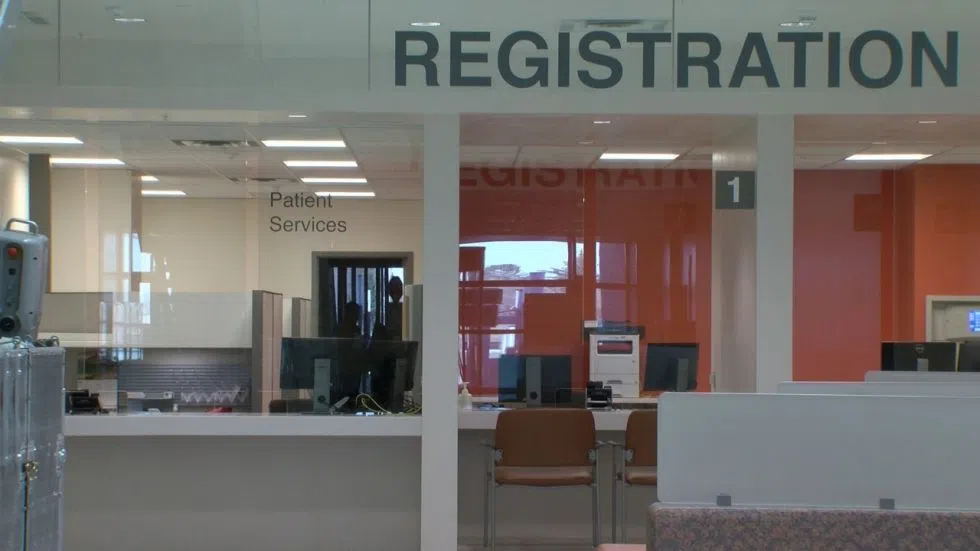
New breast cancer screening guidelines encourage women to choose for themselves
MEDICINE HAT, AB — New guidelines for breast cancer screening could change the way some women think about getting tested.
The Guidelines recommend weighing the pros and cons of a mammogram with your doctor, and deciding what’s best for you.
The Canadian Task Force for Preventive Health Care released the new guidelines, which say women under 50 years old may be experiencing more harm than benefits from the test.
